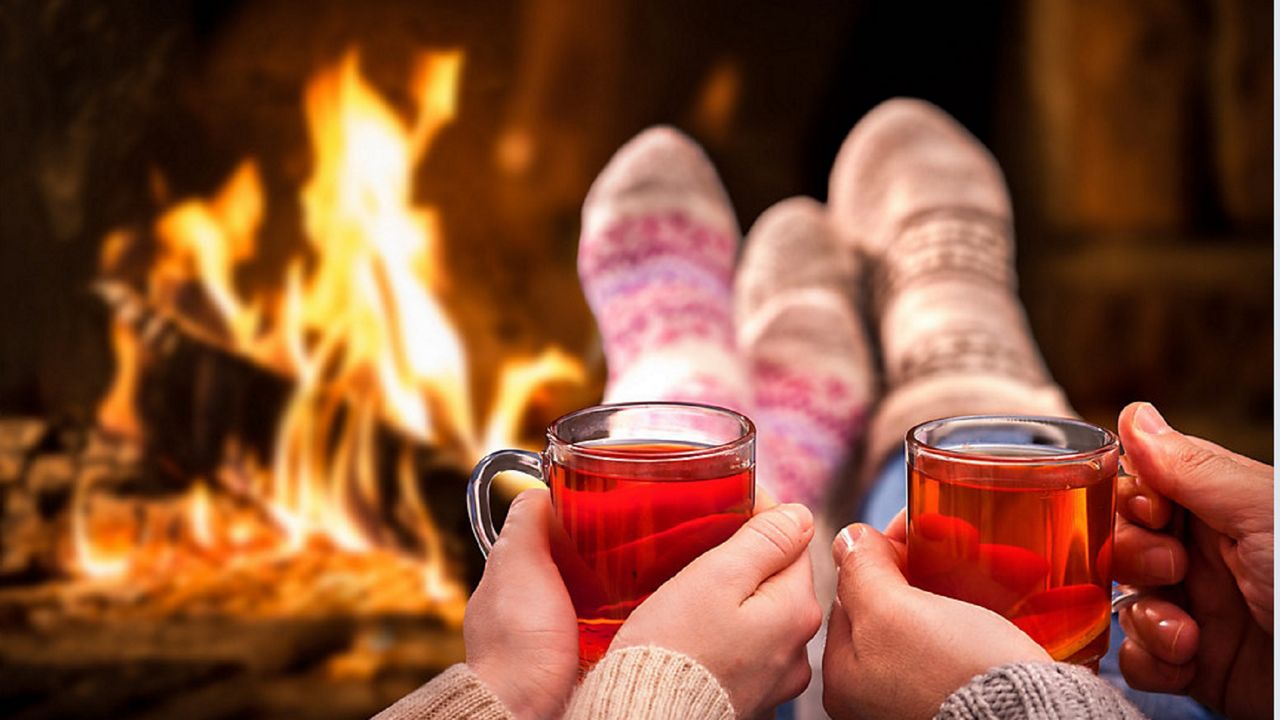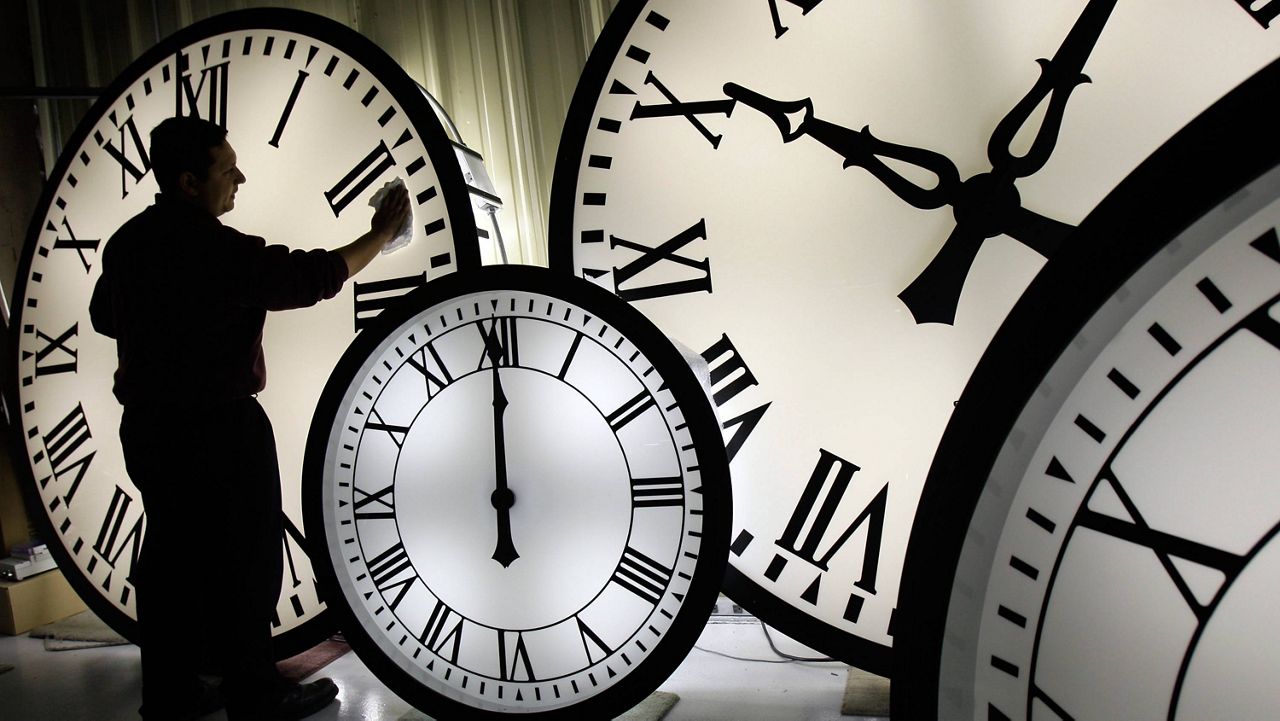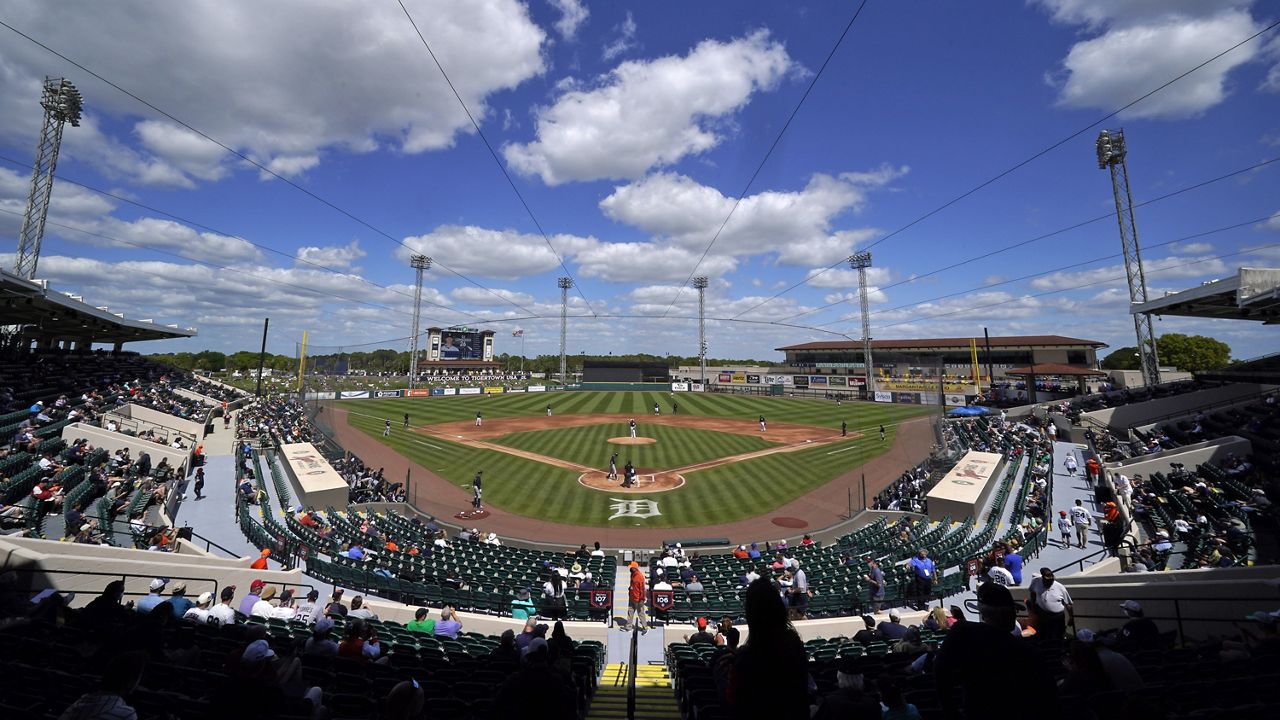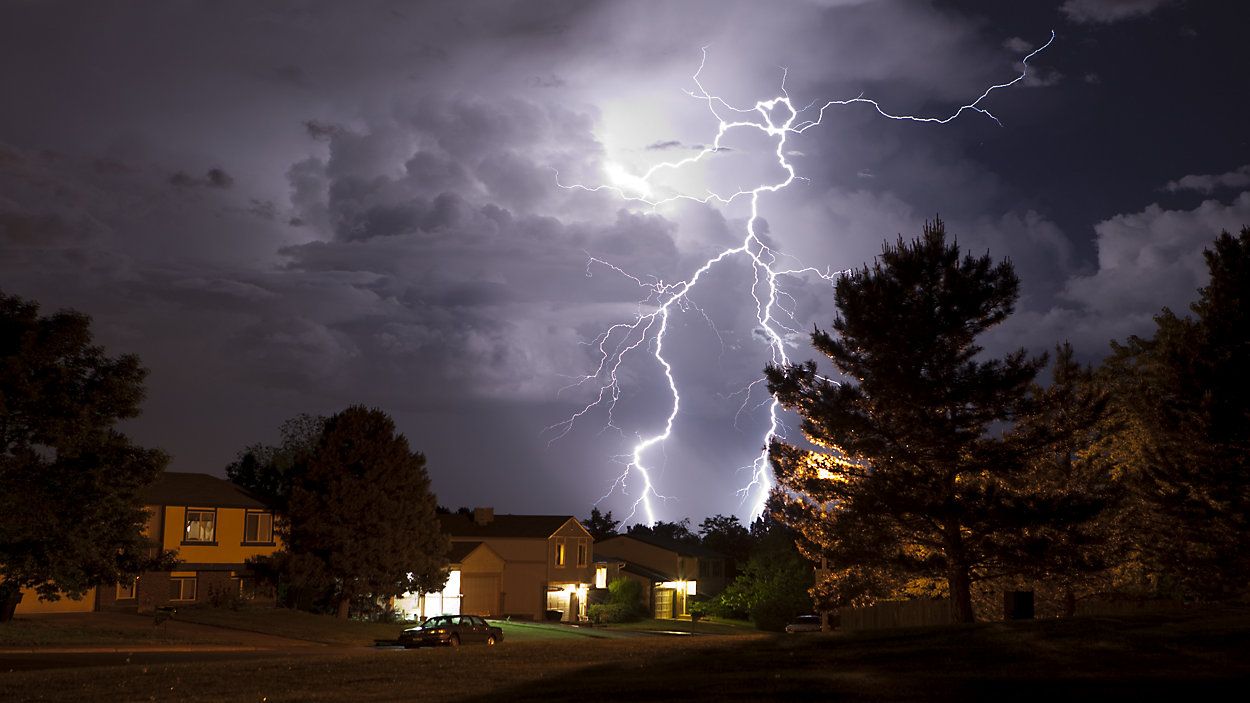Of course, the holiday season comes with some added expenses. Because of this, it may not come as a complete shock that individuals face higher expenses during the winter months.
But is it completely fair to blame the gift-giving season for our rampant spending? The answer might come as a surprise to you.
According to topcashback.com study, most people who were surveyed said they spend the most money during the summer months. Although winter ranked as the second costliest season.
Now, in addition to buying gifts for everyone, there could be another reason we spend more during the winter months.

Based on a study conducted by marketing professors at the University of Oxford and the City University of New York, cold temperatures may be a contributing factor to making us buy more than we would otherwise. They conducted five experiments all proving we make irrational decisions when it’s uncomfortably cold.
For one of the experiments, the researchers recruited 112 students. They were asked to hold a cup in their non-dominant hand that contained water at either an uncomfortably warm or an uncomfortably cold temperature.
While in that hot or cold “condition,” the students were presented with a hypothetical situation in which they were asked to purchase insurance for an antique clock.
Half of the students read a strongly sentimental description of the clock. For the other students, the clock was described objectively, without sentiment. The participants were then asked to indicate the most they would be willing to spend to insure the clock.
The researchers found that the students were willing to pay significantly more for the clock’s insurance after reading the highly sentimental description of the clock — but only when they were in the cold condition.
When in the warm condition, the description of the clock made no significant difference in how much they said they would pay.
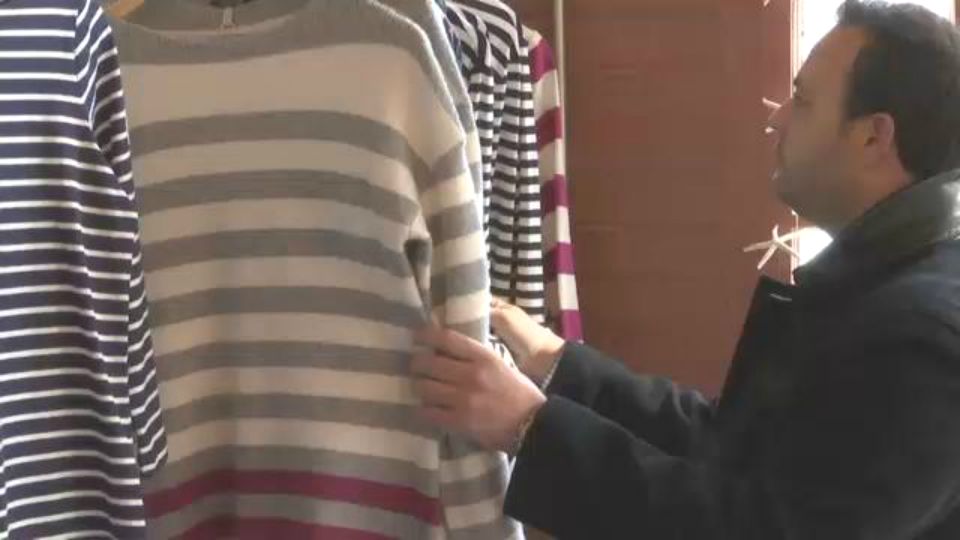
Despite the findings, there were limitations to the study, like having a more demographically diverse group of participants and putting them in real-life situations where their own money was at risk.
Regardless, some shopping venues and malls around the world purposely keep their thermostat on the cooler side of comfortable. Specifically speaking, a luxury mall in Hong Kong was reported to keep its temperatures at 59 degrees in order to increase spending!
The bottom line: stay bundled up the next time you go shopping. It might actually save you a few bucks!
Our team of meteorologists dives deep into the science of weather and breaks down timely weather data and information. To view more weather and climate stories, check out our weather blogs section.




